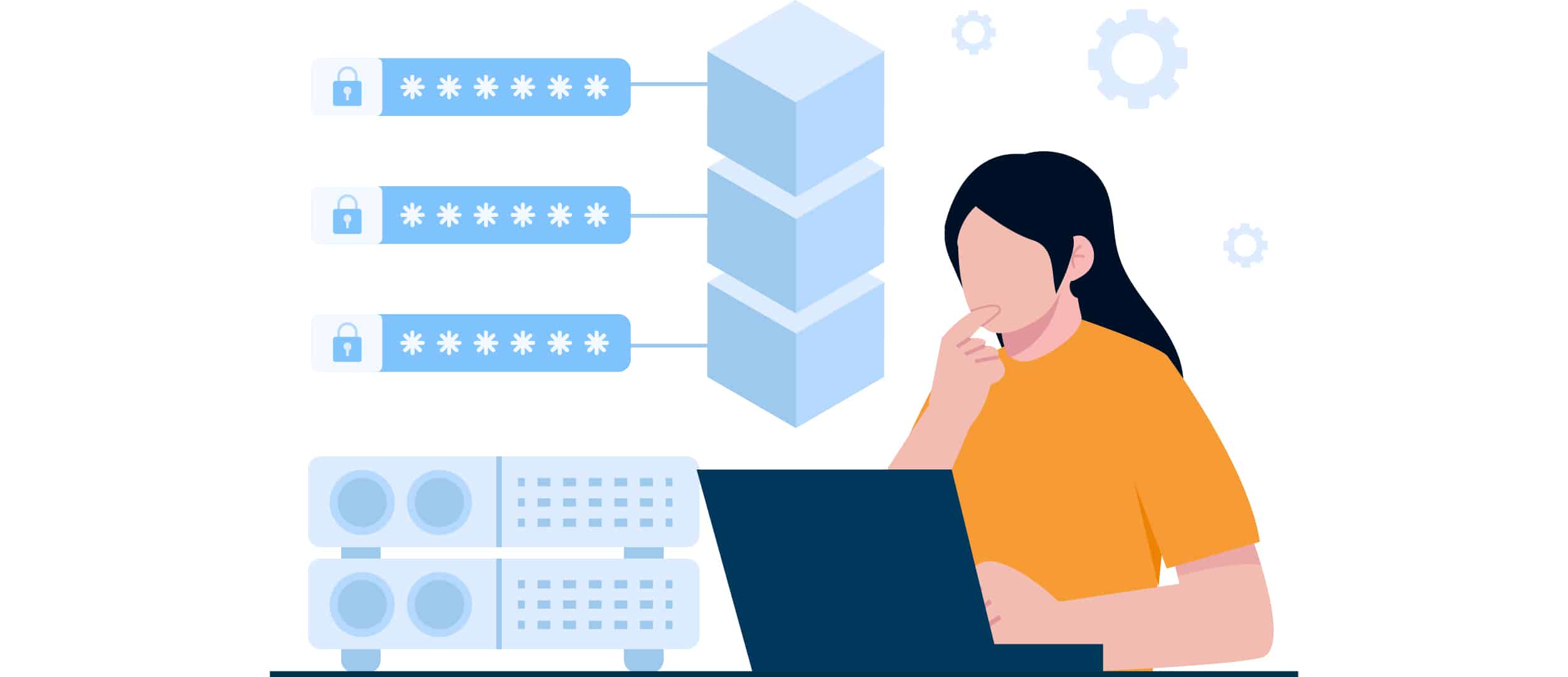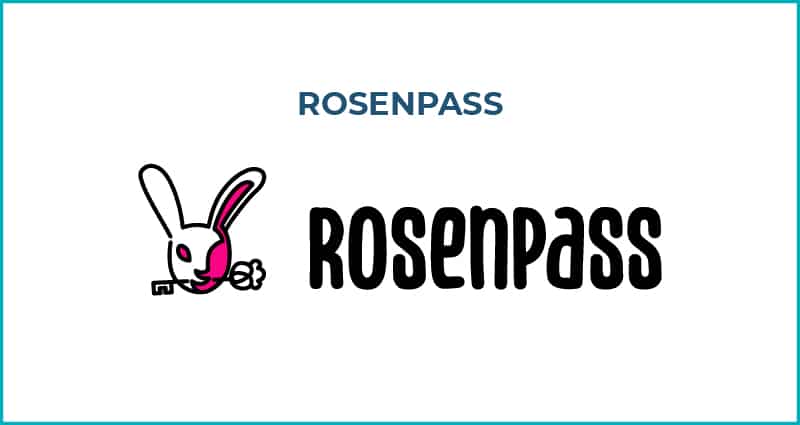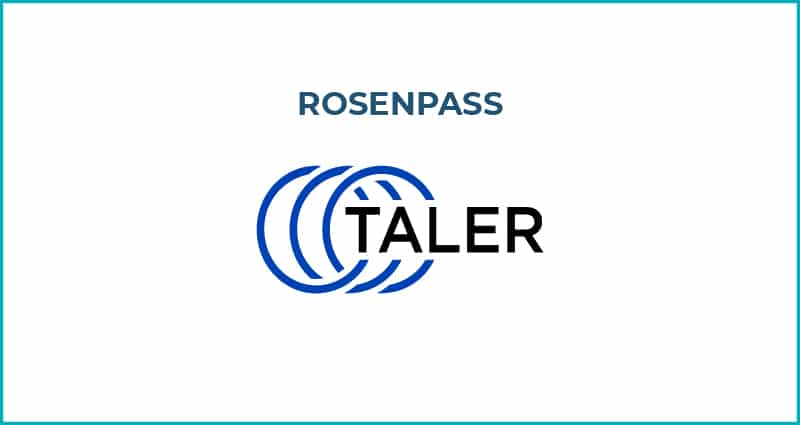
⏩ From Trust by Institution → To Embedded Trust
Web3 and cryptography flip the old internet model. Cryptography and Web3 are reshaping the assumptions we’ve lived with online. Identity doesn’t have to be platform-issued. Payments don’t need surveillance. Governance doesn’t require gatekeepers.
This isn’t just a shift in tools—it’s a redesign of the rules.
They enable systems where:
- 🔹Data is verifiable, not just stored
- 🔹Identity is user-owned, not issued
- 🔹Transactions are secured by code, not compliance
- 🔹Agreements are enforced cryptographically, not legally
This is not just a technical shift. It’s a societal reconfiguration of how we interact online.
Privacy-first Transactions
Modern digital payments are incredibly efficient, yet they often feel profoundly intrusive. Each purchase turns into a piece of a data profile, constantly shared and resold across countless systems, raising serious concerns about privacy and control. Web3 offers us a powerful opportunity to transform this oppressive model. With innovative tools like GNU Taler and TalDir, users can receive digital cash privately and securely, without exposing their identity, even if they don’t have an online account.
📌 What changes?
-
🔹From Account-Based Payments → To Anonymous Transactions
-
🔹From Platform Dependence → To Wallet-Based Autonomy
-
🔹From Full Transparency → To Programmable Privacy
🛠️ NGI Enablers: TalDir, GNU Taler
🔹NGI Impact: TalDir, a GNU Taler’s Directory, makes it possible to send funds without knowing the recipient’s full identity or online status. It extends GNU Taler’s privacy-first logic to real-world use cases, bridging gaps between accessibility and security. It makes privacy-friendly online transactions fast and easy, perfect for the digital world and online payments.
💡Strategic Shift: Digital cash doesn’t need to mean digital tracking. It can protect privacy while keeping the convenience.

Securing the Post-Quantum Future
Most of today’s encryption will be broken by quantum computing. That’s not a theory but a timeline. NGI-supported projects like Rosenpass, oqs-provider, KEMTLS, and Bertie are preparing for it. Instead of waiting, they’re deploying quantum-safe algorithms and verified libraries now.
📌 What changes?
-
🔹From Temporary Security → To Long-Term Resilience
-
🔹From Single-Layer Encryption → To Layered Cryptography
-
🔹From Vulnerable Protocols → To Verified and Post-Quantum Safe Standards
🛠️ NGI Enablers: Rosenpass, oqs-provider, KEMTLS, Bertie
🔹NGI Impact: Rosenpass upgrades VPNs like WireGuard with a quantum-safe layer. It adds a new, forward-secure key exchange that resists future decryption, protecting users’ data long after it’s transmitted. It’s a quiet but crucial advance in building an internet that won’t crack under tomorrow’s threats.
💡Strategic Shift: Security isn’t just about staying ahead. It’s about building systems that won’t fail when the future arrives.

Verifiable Execution Without Intermediaries
We’ve grown so used to relying on servers and platforms to run our apps and manage our identities. But now, that dependence is changing. With innovative technologies like verifiable credentials, DID resolvers, and open authentication hardware, NGI projects are truly empowering users to reclaim control over their digital lives.
📌 What changes?
- 🔹From Platform-Issued Identity → To Self-Sovereign Credentials
- 🔹From Hidden Backends → To Transparent Execution
- 🔹From Central Trust → To Protocol-Level Verifiability
🛠 NGI Enablers: DidRoom, Universal DID Resolver & Registrar, Nitrokey
🔹NGI Impact: Developed by Forkbomb B.V., DIDroom is an EUDI-ARF-compatible wallet solution now integrated into multiple Trustchain projects and actively used in production. It puts users in control of their data, signatures, and digital identity, supporting real-world identity flows while remaining fully decentralised. Their follow-up project, Credimi, adds EUDI-ARF conformance and marketplace functionality, and has become a reference solution for interoperability. Forkbomb’s solutions are already in use by commercial players and public pilots, including partnerships with the EC’s reference wallet contractors and ongoing negotiations to join the WE BUILD Consortium—the largest EUDI Wallet pilot in Europe.
💡 Strategic Shift: Trust online no longer requires permission. It starts with the user and flows outward, not the other way around.

🤝 The Next Generation Internet builds trust
From centralized dashboards → to decentralized dialogues.
From monitored office suites → to encrypted collective spaces.
From profile-based access → to impact-based participation.
NGI isn’t chasing hype. It’s investing in the cryptographic infrastructure needed for digital sovereignty, long-term security, and user freedom. This encompasses advancements in payment systems, post-quantum security measures, verifiable credentials, and decentralized governance.
These aren’t just prototypes. They are real, usable alternatives to today’s systems that are already changing how people interact online and will scale to impact more in the future.
Final Thought: Web3 Without Hype. Cryptography Without Fear.
The Internet doesn’t need more patches. It needs a new foundation. Thanks to the NGI ecosystem, it’s already being built.
📌 Explore the NGI Impact Study to see how projects like TalDir, Rosenpass, oqs-provider, and DidRoom are redefining digital trust for the next generation.
Select one of the projects on the right to learn more.



